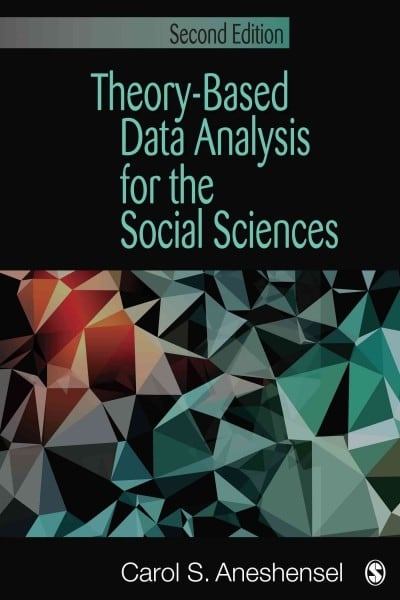Question
john Is a 30-year-old man with bipolar I disorder and AUD. He has a history of hospitalizations, both psychiatric and substance related; after the most
john Is a 30-year-old man with bipolar I disorder and AUD. He has a history of hospitalizations, both psychiatric and substance related; after the most recent extended psychiatric hospitalization, he was referred for SUD treatment. He told the counselor he used alcohol to facilitate social contact, as well as deal with boredom, because he had not been able to work for some time. The counselor learned that during his early 20s, John W. achieved full-time employment and established an intimate relationship with a nondrinking woman; however, his drinking led to the loss of both.
During one of his AUD treatments, he developed florid manic symptoms, believing himself to be a prophet with the power to heal others. He was transferred to a closed psychiatric unit, where he eventually stabilized on a combination of antipsychotic medications (risperidone) and lithium. Since that time, he has had two episodes of worsening psychiatric symptoms leading to hospitalization; each of these began with drinking, which then led to stopping his medications, then florid mania and psychiatric commitment. However, when he is taking his medications and is sober, John W. has a normal mental status and relates normally to others. Recently, following a series of stressors, John W. left his girlfriend, quit his job, and began using alcohol heavily again. He rapidly relapsed to active mania, did not adhere to a medication regimen, and was rehospitalized.
At the point John W. is introduced to the SUD treatment counselor, his mental status is fairly normal; however, he warns the counselor that after manic episodes he tends to get somewhat depressed, even when he is taking medications. The counselor takes an addiction history and finds that John W. has had several periods of a year or two during which he was abstinent from alcohol and drugs of misuse, but he has never had ongoing SUD treatment or attended Alcoholics Anonymous (AA) meetings. John W. replies to the counselor's questions about this with, "Well, if I just take my meds and don't drink, I'm fine. So why do I need those meetings?"
1. What are the clients goals (what does the client want and/or need)?
2. What are the pros and cons of the situation?
3. What stage of change is the client in?
4. What are the concerns for the client and for the clinician?
Step by Step Solution
There are 3 Steps involved in it
Step: 1

Get Instant Access to Expert-Tailored Solutions
See step-by-step solutions with expert insights and AI powered tools for academic success
Step: 2

Step: 3

Ace Your Homework with AI
Get the answers you need in no time with our AI-driven, step-by-step assistance
Get Started


